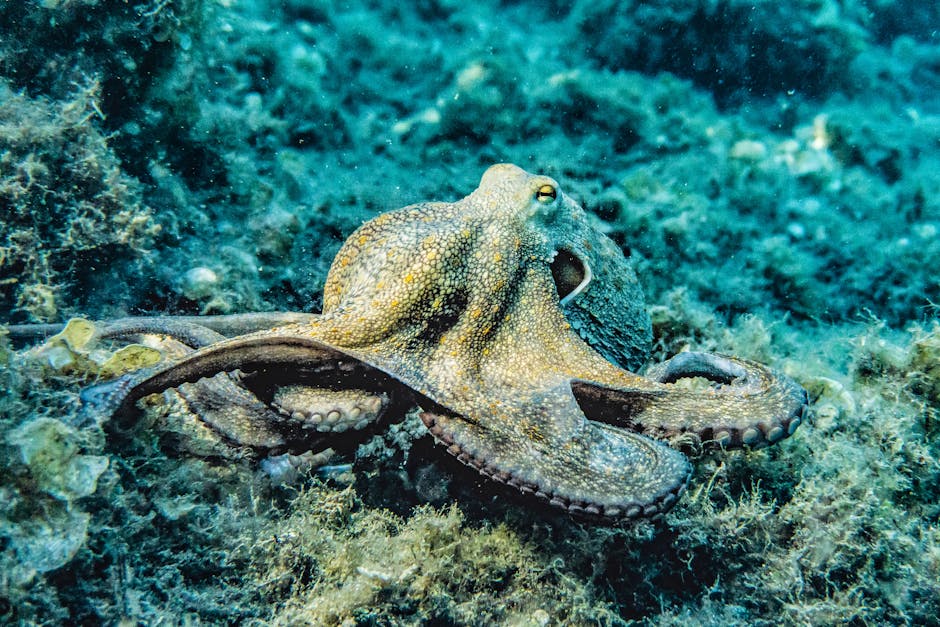
The Pros and Cons of Zoos: Exploring the Benefits and Drawbacks
Unveiling the Truth Behind Zoos
Zoos have been a popular destination for animal lovers and families for decades, offering a close-up experience with a variety of wildlife from around the world. While zoos have educational and conservation benefits, they also face criticism for ethical and animal welfare issues. In this article, we will explore the advantages and disadvantages of zoos, shedding light on the complex nature of these institutions.
From the educational value and conservation efforts to concerns about animal welfare and captivity, zoos spark controversy and debate. Understanding both the positive and negative aspects of zoos is crucial to forming an informed opinion about their role in society.
Pros
Zoos offer a range of advantages that contribute to wildlife conservation, education, and research. Let's delve into the positive aspects of zoos and unveil their often overlooked benefits.
Missing a pro?
Cons
Despite their positive aspects, zoos also face criticism and ethical concerns. Delve into the drawbacks and controversies that have sparked debate about the role of zoos in modern society.
Missing a con?
Conclusion
Zoos are complex institutions with both positive and negative dimensions. While they contribute to vital conservation efforts and offer educational experiences, concerns about animal welfare and ethical dilemmas cannot be overlooked. By examining the benefits and drawbacks of zoos, we can foster a deeper understanding of the role they play in promoting wildlife conservation and public awareness.
What do you think?
Do you think the pros outweigh the cons?





